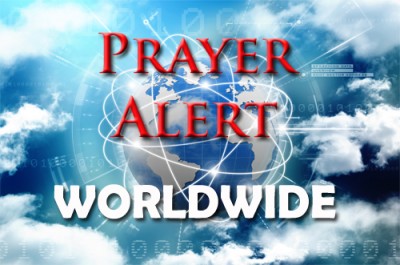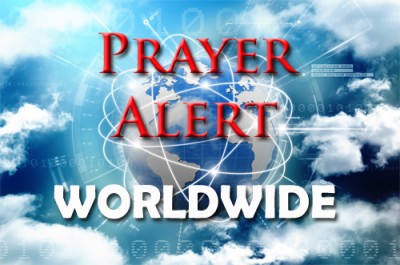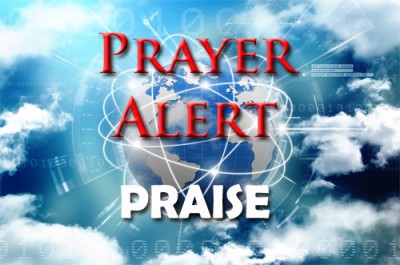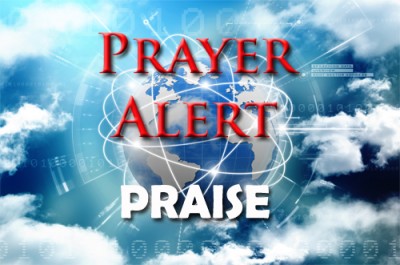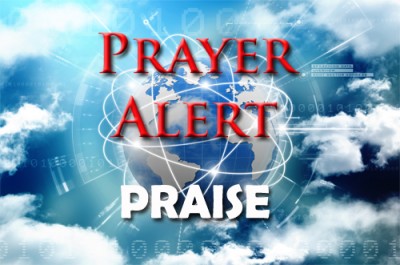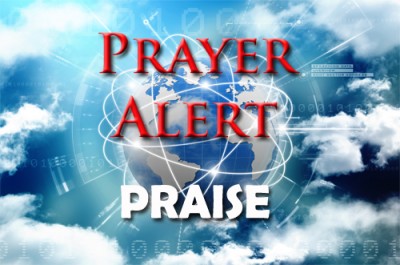Armenia/Azerbaijan: South Caucasus war?
01 Oct 2020The long-simmering conflict between Armenia and Azerbaijan over the Nagorno-Karabakh region erupted on 27 September, with over 100 confirmed deaths already in the fiercest fighting in years. Many are asking, ‘Will it escalate into an all-out war that threatens regional stability and drags in major outside players?’ https://www.bbc.co.uk/news/world-europe-54356336 For years, mainly Christian Armenia and Muslim-majority Azerbaijan have been at odds over the rugged Nagorno-Karabakh highlands. Between 1988 and 1994 the two sides fought a bloody war to control the enclave, which was part of Azerbaijan but mainly populated by ethnic Armenian Christians. The conflict resulted in over 30,000 dead, a million displaced, and a fragile truce that left Nagorno-Karabakh as a de facto independent state, recognised by Armenia but not by most other countries, including Azerbaijan. The recent violence sparked an uproar in Azerbaijan. Thousands took to the streets calling for the army to ‘recapture’ Nagorno-Karabakh.
South China Sea: US actions alarm China
01 Oct 2020Patches on US uniforms made for military exercises off California’s coast showed an MQ-9 Reaper drone superimposed over a red silhouette of China. Throughout September the US has staged simulated island assault exercises featuring this red silhouette in what China described as a provocative gesture, saying China would fight back if the US attacked them in the South China Sea. US-based Air Force magazine reported that the military training suggested the air force was focusing more on the Pacific region. The drills deployed the Navy’s carrier strike groups, submarines and other vessels and aircraft to the eastern Pacific, plus transport aircraft and special warfare and marine corps personnel. The squadron commander said, ‘It’s a demonstration of our capability to rapidly move the MQ-9 anywhere in the world and then get out, showing its operational reach capabilities.’
USA: Trump’s tax
01 Oct 2020A New York Times investigation of Donald Trump’s taxes show chronic losses and years of tax avoidance. He paid $750 in federal income taxes the year he won the presidency, and the same amount in his first year in the White House. He paid no income taxes at all in ten years - because he reported losing more money than he made (see) Trump’s hair styling for television was claimed as $70,000 expenses, and $95,464 was the total sum that nine of Trump’s companies have paid to style his wife’s hair. Also $210,000 was written off as expenses to hire a photographer to take photographs at the Mar-a-Lago club. These are just a few of the expenses claimed. In total he paid no taxes in 11 of the 18 years the paper examined. A judge has ruled that his son, Eric Trump, must testify in the tax probe: see
World Prayer Together
01 Oct 2020A huge worldwide GO2020 prayer and worship gathering entitled: Repentance, Reconciliation, Revival and Reaching All. Many prayer networks and streams joined us, embracing 123+ nations and including International Prayer Connect, came together to arrange this United event.
It was led by ministry leaders from every region of the world.
Download the Programme with links to each section and timings.
Sow into the World Prayer Together Global Prayer Call with a donation: https://www.gofundme.com/f/world-prayer-together-september-19th-2020
More info at https://www.ipcprayer.org/world-prayer-together.html
#worldprayertogether #go2020 #globaloutreachday #10days #thereturn @GlobalOutreachDay @The Return
Boris Johnson's son baptised
24 Sep 2020Boris Johnson and his fiancée Carrie Symonds have confirmed that on 12 September they had their four-month-old son Wilfred baptised by Father Daniel Humphreys at Westminster Cathedral. While little is known about the PM's religious beliefs, Carrie Symonds is a practising Catholic. As it happened, this event provided a solid alibi for Boris when he was accused of travelling to Perugia for a short holiday. The accusation was withdrawn after it became apparent they had mixed up Johnson with former PM Tony Blair. A spokesman said that journalists could ‘confirm with the priest’ that the PM was not in Italy but instead at his son’s baptism.
The Eritrean government has released 69 Christian prisoners, many of whom have been in long-term detention without trial for their faith. Following the release of more than twenty male and female prisoners on 4 September, the authorities are continuing to make conditional releases from the notorious Mai Serwa prison which is known to put detainees in underground cells and metal shipping containers. The releases, linked to Covid-19 policies, are made on condition that bail securities are lodged, usually in the form of property deeds, with guarantors held liable for the detainees’ future actions. Christian leader Dr Berhane Asmelash hopes for further significant releases from the 300+ Christians, including children, who remain incarcerated.
Thailand: record-breaking baptism despite Covid
24 Sep 2020Thailand was the second nation to report coronavirus cases, but now has effectively contained it with countrywide lockdown and continued precautions, now celebrating 100 days without a Covid case. Now a church-planting movement celebrates another milestone that wouldn’t be possible without word of mouth conversations, house gatherings, and in-person testimonies. The Free in Jesus Christ Church Association, a Thai-led movement which focuses on village-level evangelism, held the largest baptism in its history. They baptised 1,435 people in one day; twenty ministers lined up across a waist-deep reservoir waiting for new believers to come one-by-one from the shore to proclaim their faith and be submerged for the sacrament. Bob Craft of Reach a Village ministry said, ‘We believe it is the merciful hand of God to allow the gospel to spread at this crucial time.’
Praise God for a rescue last week that resulted in the arrest of 5 suspects and the rescue of 15 victims from online sexual exploitation. This rescue was the result of close collaboration between Philippine authorities, Australian law enforcement, and IJM. Pray for the survivors as they receive care and for continued strong collaboration efforts with international law enforcement. Read more on the story here
